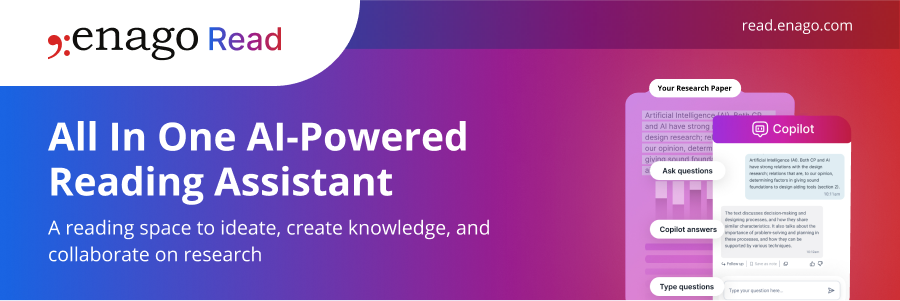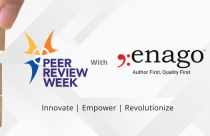The Future of Peer Review

The process of peer review in academic publishing is relatively straightforward. When a journal editor likes the look of a submitted article or research paper, it is sent out for review by a cadre of suitably qualified and experienced academic peers who then provide an anonymous critique to the author suggesting revisions or a submission somewhere else.
Such a simple process, at least in design, has, over the last seven decades or more, become the presumptive stamp of quality and honesty in academic research endeavors.
Perfect strangers, who remain anonymous, scrutinize your work and determine whether it is worthy of publication and all the subsequent benefits to your career that such publication may bring in the future.
So Far No Established Rules and Criteria for Peer Review
There is no formal training or certification for peer review. Journals offer no mentorships or apprenticeships, and since the position of a peer reviewer is typically unpaid anyway, the role of the intern would be somewhat redundant. There is no national association, trade publication, or code of ethics. What we have are dedicated professionals who take time away from their own work to critique the works of their peers in isolation, and if the topic of the research is particularly esoteric, those peers may be their research rivals.
The reward for such work can be somewhat mixed—prestige-by-association from working with a highly ranked journal but also harsh criticism from frustrated authors who experience the process as sclerotic and non-communicative.
How Open Access Is Shaping Peer Review
The arrival of electronic mail contributed to faster sharing of file documents, but beyond that, peer review has been reticent in the adoption of digital technology.
Open Access (OA) publishing, however, has escalated the consideration of alternative peer review approaches—especially the possibility of transparent peer reviews where the reviewers no longer remain anonymous and approach the process as a collaborative effort rather than an assessment exercise.
In addition, OA journals are now starting to explore compensation models for peer reviewers that involve real money rather than subscription discounts.
A Time for Change: What’s the Future of Peer Review?
The evidence that the traditional peer review model needs to change is building, unfortunately, from less positive aspects of academic publishing. Rising journal retractions and cases of fabricated peer reviews are leading to calls for a re-visitation of the traditional approach.
Rather than treating peer reviews as an element of academic publishing that is just taken for granted, researchers and OA journal editors are beginning to consider the entire process. Perhaps compensation could be addressed with a barter system of peer review where you contribute one for every one you receive. This has the added bonus of increasing the numbers of available peer reviewers but also raises concerns over comparable experience and expertise between reviewers.
A more dramatic solution involves scaling back the internal peer review process to a simple review of research design and data analysis, leaving a broader review to the academic community as a whole through a post-publication peer review. This, it is argued, delivers the engaging professional discourse that peer review was always meant to be before profit requirements and delivery deadlines were allowed to marginalize the role.
What are the future forms of peer review that you think would have a significant impact on academic research? Let us know in the comments below!










